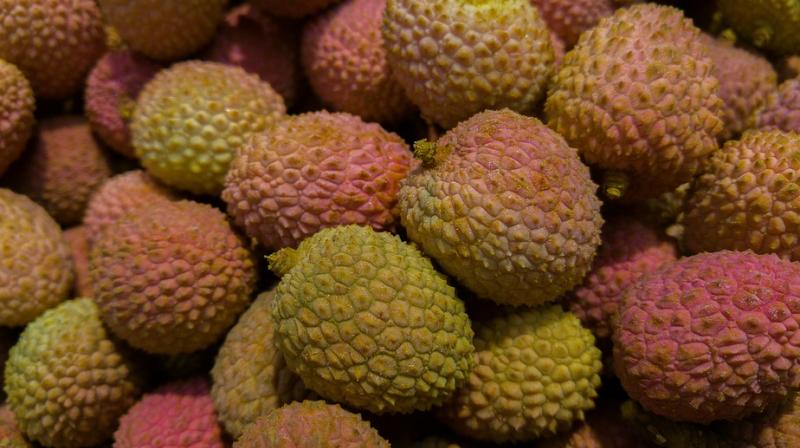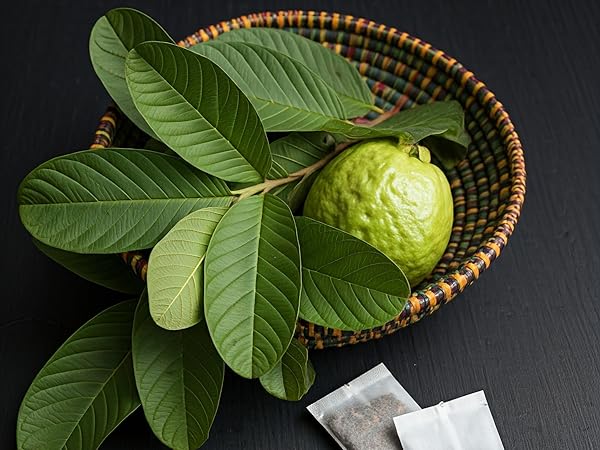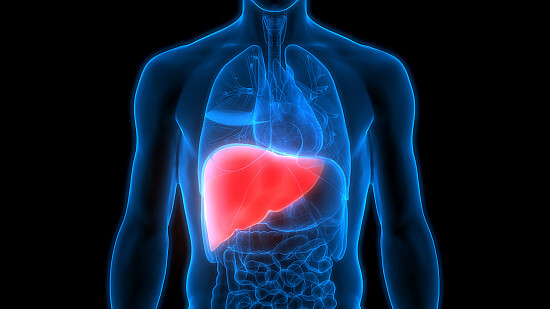Litchis behind mysteriouis child deaths in Bihar: study
Thu 02 Feb 2017, 10:41:03

Eating litchi fruit may be behind the mysterious brain disease that has caused hundreds of unexplained deaths among children in recent years in Bihar, a new study published in the Lancet journal has claimed.Outbreaks of an acute neurological illness with high mortality among children occur annually in Bihar's Muzaffarpur, the country's largest litchi cultivation region.
Heat, humidity, malnourishment, the monsoon and pesticides have all been considered at one stage to be contributing factors to the illness. "We aimed to investigate the cause and risk factors for this illness," researchers said.
In a hospital-based surveillance, researchers from the National Centre for Disease Control in New Delhi and the US Centres for Disease Control and Prevention undertook laboratory investigations to assess potential infectious and non-infectious causes of this acute neurological illness.
Children aged 15 years or younger who were admitted to two hospitals in Muzaffarpur in 2014 with new-onset seizures or altered sensorium were included in the study.They were age-matched against residents of Muzaffarpur who were admitted to the same two hospitals for a non-neurologic illness within seven days of the date of admission of the case. This group served as the control.
Specimens of blood, cerebrospinal fluid and urine as well as litchis were tested for evidence of infectious pathogens,
pesticides, toxic metals.Scientists also looked for other non-infectious causes, like presence of hypoglycin A or methylenecyclopropylglycine (MCPG), naturally-occurring fruit-based toxins that cause hypoglycaemia and metabolic derangement.
pesticides, toxic metals.Scientists also looked for other non-infectious causes, like presence of hypoglycin A or methylenecyclopropylglycine (MCPG), naturally-occurring fruit-based toxins that cause hypoglycaemia and metabolic derangement.
Between May 26 and July 17 in 2014, 390 patients meeting the case definition were admitted to the two hospitals in Muzaffarpur, of whom 122 (31 per cent) died, researchers said.On admission, 204 (62 per cent) of 327 had blood glucose concentration of 70 miligrammes per decilitre or less. 104 cases were compared with 104 age-matched hospital controls.
Litchi consumption and absence of an evening meal in the 24 hours preceding illness onset were associated with illness. The absence of an evening meal significantly increased the effect of eating litchis on illness. Tests for infectious agents and pesticides were negative.
Metabolites of hypoglycin A, MCPG, or both were detected in 48 (66 per cent) of 73 urine specimens from case-patients and none from 15 controls. "Our investigation suggests an outbreak of acute encephalopathy in Muzaffarpur associated with both hypoglycin A and MCPG toxicity," the researchers said.
"To prevent illness and reduce mortality in the region, we recommended minimising litchi consumption, ensuring receipt of an evening meal and implementing rapid glucose correction for suspected illness," they said.
No Comments For This Post, Be first to write a Comment.
Most viewed from Health
AIMIM News
Latest Urdu News
Most Viewed
May 26, 2020
Do you think Canada-India relations will improve under New PM Mark Carney?
Latest Videos View All
Like Us
Home
About Us
Advertise With Us
All Polls
Epaper Archives
Privacy Policy
Contact Us
Download Etemaad App
© 2025 Etemaad Daily News, All Rights Reserved.






























